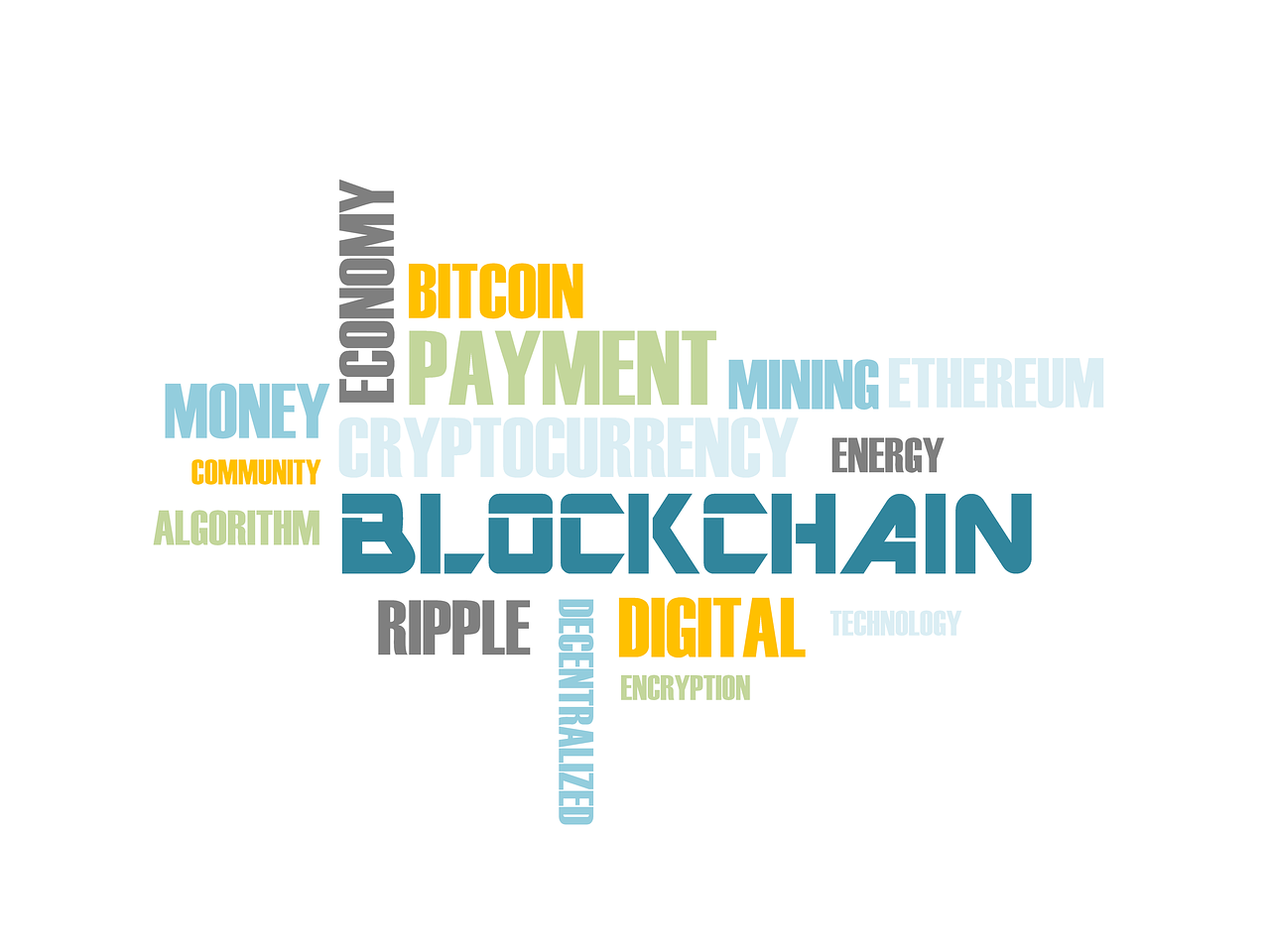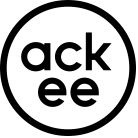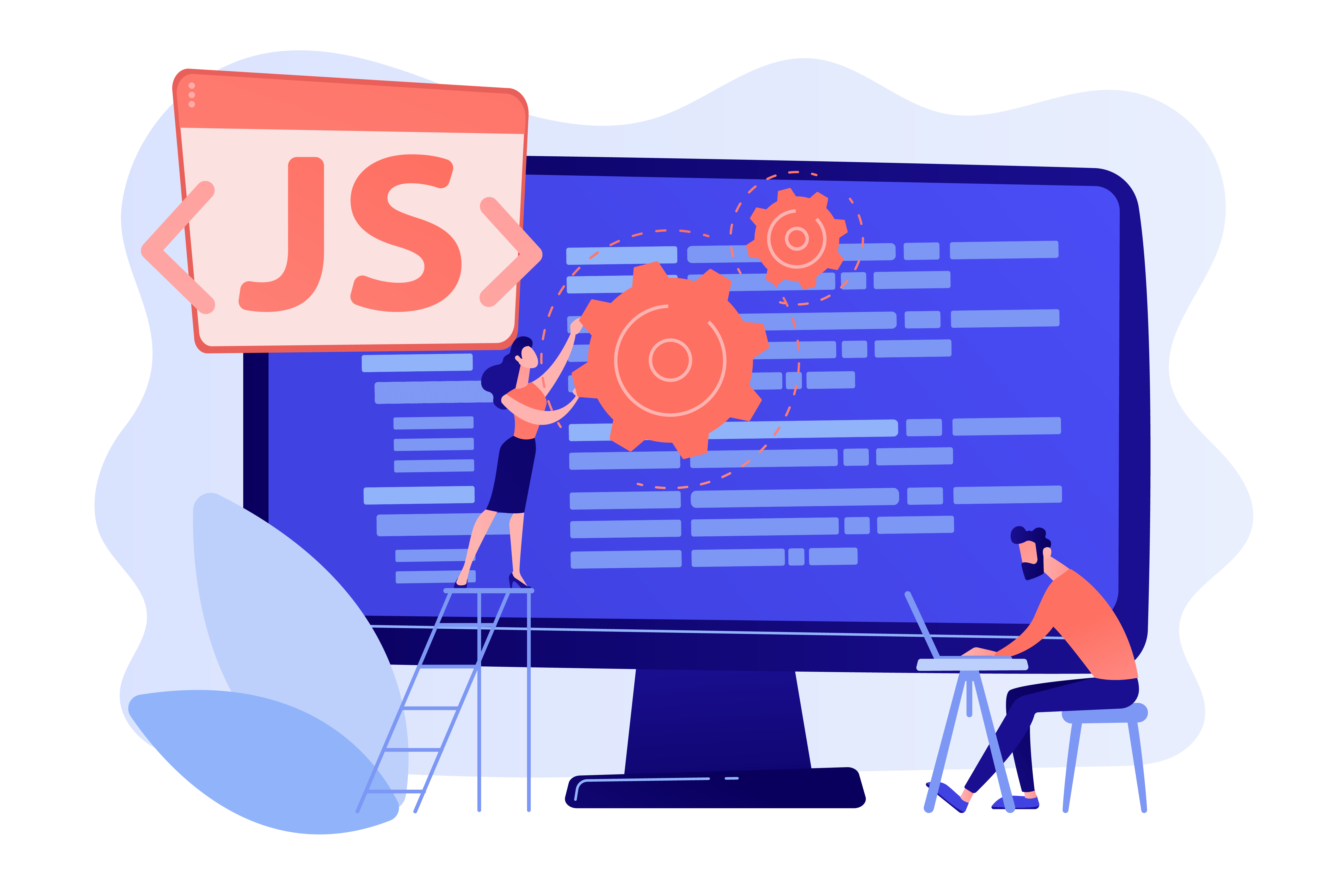
We’re at the turning point of a new era. Blockchain will change everything, and these are the development trends you can’t ignore when considering building blockchain applications in 2021. Blockchain has given us a peek at the future. And it’s looking even brighter than we expected. But it’s difficult to keep track of the constant changes and updates across the various Blockchain protocols viewed as important.
Last year, Outlier Ventures (a venture firm invested in supporting the development and growth of emerging technologies), published a study on the state of Blockchain protocols. They indexed 6163 code repositories and analyzed over a million commits across 186 GitHub organizations.
The research report contains a number of metrics which can be used to better understand how blockchain technology is being used, and how developers are utilizing the technology. The result will hopefully provide some unbiased insight into the trends and direction of blockchain development in 2021 and the next few years.
Here's a rundown of some of the key findings from Outlier Ventures's report:
The Top 5 Blockchain protocols by development activity
- Ethereum, the protocol with the most developer activity, has made 42457 commits to date. Cardano (37327), Bitcoin (21614), and Polkadot (18879) follow suit, each within striking distance of Ethereum. Cosmos (17854) rounds out the top 5.
- It is noteworthy to mention that, according to the study, there are on average 220 monthly active core developers working on Ethereum blockchain, followed by 149 on Hyperledger, 144 on Cardano, 103 for Bitcoin, and 92 on Filecoin.
Multi-chain protocols
- There are many multi-chain protocols on the market, providing solutions to issues of blockchain interoperability. Two of the most notable multi-chain protocols are Polkadot (2x) and Cosmos (60% increase), in core development contributions by their community of developers over the last year.
- Over the same time period, rival protocol Avalanche also saw significant growth - increasing its weekly commits and monthly active developers by 4x to match half of the previous 2 years' activity.
Decentralized storage protocols
- Filecoin and Siacoin saw an influx of both core development, contributions from developers, and product adoption.
Ethereum killers
- Core metrics for several key Ethereum killers Tron, EOS, Komodo, and Qtum dropped in commits by 50% or more.
Permissioned blockchains
- In the course of the year, Permissioned blockchains didn't see much growth in development activity. Hyperledger saw a steep decline in contributions despite a good start to the year. Despite the fact that there was an increase in commits in the first half of 2020, Corda, just like Hyperledger, lagged behind the overall blockchain developer activity.
So far, we can't tell (we can only guess) which of the protocols will become more popular by the end of 2021, but there is little question about one thing: blockchain development is on the rise and moving forward.
To that end, we would like to discuss some of the trends that are expected to take place in 2021.
If you are looking for blockchain developers for your startup, check the vetted developers from EliteBrains network:
Senior Blockchain Engineer & Development Lead
Patrick C.
Germany
8 years
Patrick is a senior blockchain developer who has been working with blockchain technologies for about 5 years. He has worked Show more
CTO / Blockchain Solution Architect / Technical Manager
Ivan B.
Poland
10 years
Not only I develop blockchain projects, but I also fill them with the sense and value. ~ I’m a Show more
What is blockchain technology?

Blockchain is a digital ledger technology that stores transactional records and associated data in blocks. Each block contains a timestamp and a link to a previous block.
You may recall that the ancient Egyptians had something like this: they used a kind of "ledger" called a papyrus roll to record events that happened, and then re-used the rolls again to record new events. That gave them a permanent historical memory.
The Blockchain takes this a step further by making a historical record that everyone agrees on, and by making it possible for everyone to do something with it – like make smart contracts – without placing the burden of trust on a single entity or individual. . In other words, the blockchain is a decentralized network that exists over peer-to-peer networks with no central authority or third party overseeing transactions.
The bitcoin currency is the first widespread use of the technology, but many people in the blockchain community see it as a platform for many kinds of decentralized systems, including file storage and even user-to-user messaging and e-commerce.
Bitcoin's original design was limited by having just one centralised ledger - but it has now evolved into a system that allows multiple ledgers, or blockchains. The best known of these is Ethereum, which runs smart contracts on its blockchain.
What is a smart contract?
Computer scientist and cryptographer Nick Szabo first used the term “smart contract” in 1994, referring to "a set of promises, specified in digital form, including protocols within which the parties perform on these promises".
When run on the blockchain a smart contract becomes like a self-operating computer program that automatically executes when specific conditions are met. Because smart contracts run on the blockchain, they run exactly as programmed without any possibility of censorship, downtime, fraud, or third-party interference.
Smart contracts remove the need for a "middle man" by hosting the code on a blockchain. Smart contracts can be used to create applications that allow for the direct exchange of money and content between individuals in a transparent way without any third-party intermediary.
The Ethereum Project, led by Vitalik Buterin, formalized these concepts for the first time in 2014 within a general-purpose programming language for building decentralized applications.
Blockchain protocols - What are they?
The word "protocol" may bring to mind images of stuffy academics debating over arcane details, but in the case of blockchains, it's a very significant term with a very specific definition.
A protocol sets forth a set of rules for the computers on a network to follow. These rules dictate how computers send data to each other, make sure that data is secure, and agree upon how multiple nodes will interact with each other on the network.
From a business perspective, the most important thing about blockchains is that they provide a platform for decentralized applications (dApps). Blockchain protocols are open-source, meaning anyone can see the code and suggest changes. As data is entered into the blockchain, it is grouped with other data so it cannot be edited or deleted.
Why is this important? The blockchain protocol determines what kinds of applications can be built on top of it.
There are hundreds of blockchain protocols, and we will here take a brief look at the most popular ones.
Multi-chain protocols
A multi-chain refers to a blockchain project that is deployed independently in another chain rather than the original chain. For example, say a project was launched on Ethereum, that has its own token and smart contracts, it can be deployed as a multi-chain on another chain such as the Binance Smart Chain (BSC).
A multi-chain is a blockchain that can provide users with multiple different access routes to the same smart contract. A protocol does not have to be a part of the original blockchain to become a multi-chain. It just has to have its own protocol as well as smart contracts and dApps.
A flurry of multi-chain protocols is propelling development forward. With the ability to tap into the same decentralized applications and tokens, each protocol is adding its own spin on how it will make blockchain useful.
So far, the number of core developers, as well as developer contributions, is on the rise across multi-chain technologies such as Polkadot, Cosmos, and Avalanche.
Polkadot
Polkadot, the next-generation base-layer protocol that facilitates interoperability among blockchain technology, has doubled its mark in its short period of existence.
This is a multi-chain protocol that provides cross-chain connectivity between different chains. It does this by allowing users to create and run their own blockchain, called parachains, that are linked to the main chain. The Polkadot protocol is decentralized in nature and operates with a Nominated proof-of-stake algorithm.
In essence:
"Polkadot consists of many parachains with potentially differing characteristics. Transactions can be spread out across the chains, allowing many more transactions to be processed in the same period of time."
What is special about polkadot?
Polkadot is a network protocol that supports the transmission of any type of data across blockchains, not only tokens. With Polkadot, applications get the best of both worlds: security from the robustness of the Ethereum ecosystem and performance from a true multi-chain architecture. This indicates that Polkadot is a fully functional multi-chain application environment, where cross-chain registries and cross-chain computations become a reality.
What's more?
Polkadot is built by an open-source community of developers and users. Everyone is welcome to contribute to the code, run a node, or build services on Polkadot. Grants are also available for qualifying parties.
Types of Projects on the Polkadot Network:
Polkadot can be used to develop different types of decentralized applications. Some projects include:
- Acala - A decentralized financial consortium
- Moonbeam - a smart contract deployment platform
- Ternoa - A blockchain designed to transmit NFT-based decentralized data.
- Shadows - a marketplace that allows users to trade, borrow, and lend derivative assets.
Cosmos
The goal of this project is to "create an Internet of Blockchains, a network of blockchains able to communicate with each other in a decentralized way." Cosmos is, like Polkadot, a proof-of-stake network.
Cosmos is a new internet at the block level. It’s a network of blockchains that can talk to each other using Inter-Blockchain Communication (IBC), through what we call “Peg Zones". Each blockchain can maintain its own tokens and operate independently.
Since its launch, over 250 blockchains have been launched on the Cosmos Network, with over $112 billion digital assets under management. Binance Chain, Luna, Crypto.com Coin are just a few of the projects coming to life on Cosmos.
Within the Cosmos network, users can create and run services and applications on their own chain. Cosmos allows users to create their own token, or otherwise connect to other chains.
Avalanche
Avalanche is the third most popular multi-chain in the market, which is used by many projects. The Avalanche blockchain is "the fastest smart contracts platform in the blockchain industry" and it currently supports up to 4500 transactions per second.
Incentives such as private sales and grants might assist to stimulate developer interest. According to the Avalanche Foundation, 225 projects are supporting the platform currently. They include other blockchain projects like Tether, Chainlink, SushiSwap, Trader Joe, The Graph, Circle, etc.
Ethereum killers: Making a case for scalability and the environment
After bitcoin, Ethereum is the most significant blockchain-based currency in the world. It has a value exceeding 77 billion dollars, and it forms the foundation for nearly two-thirds of cryptocurrency-related apps. However, the blockchain has had some problems, such as scalability, high transaction fees, and environmental concerns due to high power demand - up to 62.56KWh for processing transactions has led to the rise of a wave of rivals known as "Ethereum killers".
Ethereum killers are projects that purport to do everything that Ethereum does but better.
There are many Ethereum killers in the market, but the following have been able to capture a majority of users’ interest:
Cardano
Cardano is a fully open-source decentralized public blockchain and cryptocurrency project founded by Charles Hoskinson, former co-founder of Ethereum. It has taken a research-intensive approach to development, encouraging peer reviews and community participation before projects are implemented. Sadly this has led to a significant delay in the development of Cardano’s smart contract platform. Theoretically, Cardano’s smart contracts are highly desirable. It improves on Ethereum by allowing for greater scalability and improved efficiency with limited environmental impact.
Binance Smart Chain (BSC)
Binance is popularly known as the world’s largest cryptocurrency exchange, but it is also moving into blockchain development. Binance Smart Chain is a blockchain network developed by Binance as an Ethereum killer. It focuses on improving the scalability and efficiency of smart contracts on the Ethereum blockchain.
As a matter of fact: every second, BSC can handle an average of 55 to 60 transactions which translates to over 3.5 million transactions per day, which is above 1.1 million transactions for Ethereum.
BSC is like Ethereum, but with a different twist. It is similar to Ethereum in that it is a decentralized platform for hosting smart contracts and ICOs. The blockchain’s key difference from Ethereum, however, is that project developers can connect with potential investors through the Binance trading platform which is a potent combination.
Solana
Solana is a public blockchain platform that uses proof of stake and proof of history to achieve consensus which makes it more energy-efficient and has better performance characteristics than the common “proof of work” algorithm used by projects such as Ethereum and Bitcoin.
Solana can execute smart contracts in the same way as Ethereum. However, Solana may accommodate tens of thousands of transactions every second, whereas Ethereum can only complete about only 13 transactions per second in addition to having significantly higher transaction "gas" fees.
Polygon
Polygon is widely considered to be one of the first Ethereum killer blockchains.
Polygon has reinvented itself as the "Ethereum's Internet of Blockchains." At its core, the Polygon platform functions as a software development kit (SDK) or a platform that allows developers to build and launch ready-made blockchain networks making it your quintessential multichain system.
Other Ethereum killers are EOS, Tron, EOS, Komodo, and Qtum albeit seeing a decline in core development metrics.
DeFi protocols - The blockchain of decentralized finances
DeFi is short for "decentralized finance" and it refers to any kind of decentralized blockchain-based financial network as well as software tools for generating such networks.
DeFi protocols are different from classical financial models in that they rely on open-source, community-driven development and the use of open standards.
DeFi is proving itself as a better alternative to traditional finance in that it is significantly more efficient, has lower transaction rates, and offers a wider investment diversification potential.
In 2021, decentralized finance protocols will enable a variety of online marketplaces that will provide users with the opportunity to trade, sell, and buy items and services the world over. These platforms will be able to handle transactions in both fiat and cryptocurrencies globally, across borders. They will also be able to handle peer-to-peer transactions such as freelancing gigs, digital collectibles such as NFTs (more of this later), or physical items such as apparel, electronics, real estate, and more.
Decentralized finance marketplaces will be able to do all these without the need for a middleman or a middle party, which will be able to change the face of eCommerce as we know it.
How many DeFi protocols are there?
At the time of writing, there are already about 234 DeFi protocols. The majority are developed on Ethereum. However, there are also protocols developed on EOS (14) and Bitcoin (24). Examples of the most popular DeFi protocols:
- Aave - Ethereum-based decentralized lending platform.
- Uniswap - Ethereum-based automated market maker for ERC20 tokens.
- yEarn - a group of protocols built on the Ethereum blockchain that allows users to optimize their earnings on crypto assets through lending and trading services.
- Synthetix - provides on-chain exposure to a wide variety of highly liquid synthetic assets (synths).
- Sushiswap - Like Uniswap, this is another automated market maker where users can buy and sell crypto assets using a collection of liquidity pools to achieve this goal.
NFT projects
Just a few years ago, the mainstream public was in a frenzy over Bitcoin and cryptocurrencies. It seems that everyone in tech knows what a cryptocurrency is, even if they don't fully understand it. Now we have another new buzzword in town: non-fungible tokens, or NFTs.
NFTs are the Next Frontier of Innovation in Blockchain Technology. Short for Non-Fungible Tokens, NFTs represent unique assets or tokens on a blockchain. With NFTs, anything that can be digitized - gifs, images, recipes, birth certificates, etc. can be put onto a blockchain, creating new opportunities for trading and monetization.
The term "fungible" means that the things we're referring to, i.e. apples and oranges, can be freely substituted for each other and that their difference is insignificant. So, non-fungible tokens are different from that. They can't be substituted or replaced by another token, which makes them unique.
NFTs are created using smart contracts and have a built-in scarcity similar to collectibles and sports cards. They are the first of their kind to bring together aspects of both cryptocurrencies and collectibles.
What are NFTs used for?
In basic terms, NFTs are used to create digital assets with unique properties, which can be further traded or sold like you would any other asset with the exception that they are unique and virtual in nature. NFTs are used for a number of things, including creating digital assets to represent real-world items such as artworks, collectibles, real estate, and more. Consider these digital tokens as certificates that confer ownership or authenticity.
8 Best NFT Projects in 2021
Here are some of the best NFT Projects to keep an eye on in 2021:
- Cryptopunks
- Cryptoadz
- Sneaky vampire syndicate
- Bored ape Yacht club
- Cool Cats NFT
- The cryptoDads
- Mutant Ape Yacht Club
- CyberKongz
Where to hire blockchain developers

In this day and age, where blockchain technology is just finding its feet in mainstream adoption, there are not many people who have developed an app or product on the blockchain, let alone use it.
Hiring a developer with experience in blockchain technology is not an easy feat either as there are not many people who have the requisite skills.
The best way to go about it is by hiring skill-tested and vetted blockchain development professionals online here at EliteBrains.
Startups and enterprises alike seek out EliteBrains's blockchain developers to realize their most ambitious ideas. From security protocols to decentralized exchanges, from supply chain solutions to prediction markets, EliteBrains delivers the talent to make it happen.
In concert with our customer's vision, we help them reshape the future of their industry - whether it be to launch ICOs with transparent token distribution, create smart contracts with the best security, and Dapps to solve real-world problems.
Looking for a Blockchain developer?
Blockchain development is hard work! Don’t waste your time on mediocre freelancers. Instead, hire the best blockchain developers online with EliteBrains. We’ll get you results fast, hassle-free, and without all the messy project management stuff.
It’s simple. We’ll match you with the best blockchain developers looking for freelance gigs right now. Get started now!

























